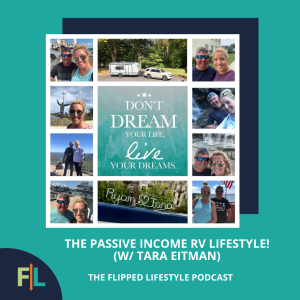
Grasping Recurring, automated revenue
There are three principal classifications of pay: dynamic pay, automated revenue, and portfolio pay. Automated sources of revenue incorporate profit from an investment property, restricted organization, or other business in which an individual isn’t effectively involved — a quiet financial backer, for instance. Defenders of procuring recurring, passive income will generally be supporters of a work-from-home and work-for-yourself proficient way of life. Automated revenue has been a somewhat approximately involved term lately. Casually, it’s been utilized to characterize cash being procured routinely with almost no work with respect to the individual getting it. Automated revenue, when utilized as a specialized term, is characterized by the IRS as by the same token “net rental pay” or “pay from a business in which the citizen doesn’t tangibly partake,” and at times can incorporate self-charged interest.

Kinds of Recurring, automated revenue
Recurring, automated revenue incorporates self-charged interest, investment properties, and organizations in which the individual getting paid doesn’t physically take part. There are explicit IRS decisions that should be followed for money to be viewed as latent.
- Self-charged interest
At the point when cash is lent to an association or an S partnership going about as a pass-through element (basically, a business intended to lessen the impacts of twofold tax collection) by that substance’s proprietor, the premium payments on that credit to the portfolio pay can qualify as automated revenue. “Certain self-charged interest pay or derivations might be treated as casual exercise gross pay or casual exercise derivations in the event that the credit continues are utilized in a casual exercise,” the IRS states.
Investment Properties
- Investment properties are characterized as recurring, automated revenue with two or three special cases. Assuming you’re a realtor, any rental payments that you’re making consider dynamic pay. On the off chance that you’re not kidding,” “implying that you own a space and are leasing it out to a company or association where you direct business, that doesn’t comprise recurring, automated revenue — except if that rent had been endorsed before 1988, in which case you’ve been excluded into having Extraordinary Contemplations
- At the point when you record a misfortune on a casual exercise, just casual exercise benefits can have their derivations balanced instead of the pay all in all. It would be judicious to guarantee that all your casual exercises were ordered like that, to take full advantage of the expense derivation. These derivations are dispensed for the following fiscal year and are applied in a sensible way that considers the following year’s profit or misfortunes.
- To save time and exertion, you can bunch at least two casual exercises into one bigger movement, given that you structure a “fitting financial unit,” as indicated by the IRS. At the point when you do this, rather than giving material cooperation in various exercises, you just need to give it to the movement all in all. Moreover, in the event that you remember numerous exercises for one gathering and need to discard one of those exercises, you’ve just discarded a piece of a bigger movement rather than the entirety of a more modest one.
- The getting sorted out rule behind this gathering is moderately basic: in the event that the exercises are situated in a similar geographic region; assuming that the exercises have similitudes in the kinds of business; or on the other hand assuming the exercises are some way or another reliant — for example, assuming that they have similar clients, workers, or utilize a solitary arrangement of books for bookkeeping.


